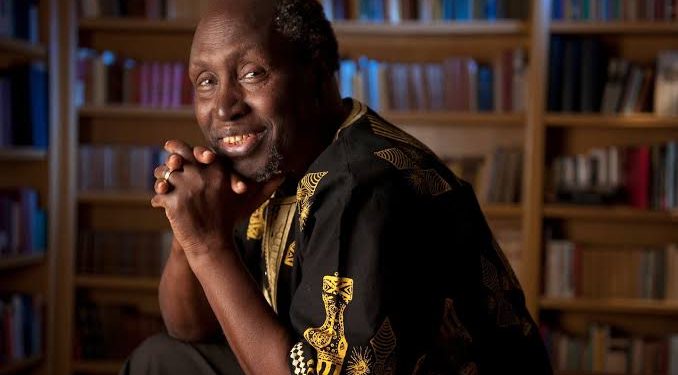One of the best writers in Africa is no longer with us. The renowned Kenyan writer and activist Ngũgĩ wa Thiong’o passed away at the age of 87. On Tuesday, May 28, his daughter Wanjiku wa Ngũgĩ confirmed his death, stating that he “lived a full life and fought a good fight.”
More than just a writer, Ngũgĩ was a strong advocate for African freedom, culture, and identity. Born in colonial Kenya in 1938, he resisted oppression through his writing. His books Devil on the Cross, A Grain of Wheat, Child, and Weep Not are regarded as classics in Africa. While incarcerated, one of them was even inscribed on toilet paper.
Ngũgĩ refused to be silenced despite being imprisoned in 1977 for his groundbreaking play I Will Marry When I Want and his vocal opinions. Following his exile, he persisted in his fearless advocacy of Africa’s right to speak for itself, particularly in terms of language.
He made the audacious decision to write in Gikuyu, his native language, instead of English. One of his quotes was, “Language is a carrier of culture.” African writers were encouraged to embrace their mother tongues by his well-known essay collection, Decolonizing the Mind.
Despite becoming a well-respected professor in the United States, Ngũgĩ never lost sight of his roots. He continued to support education, African unity, and freedom of speech until his passing.
Although an era has come to an end with his passing, his words will endure. The major question at hand, as African literature continues to flourish, is how the next generation will continue Ngũgĩ’s flame.
Africa lost a hero, but his story is far from over. That much is certain.























































